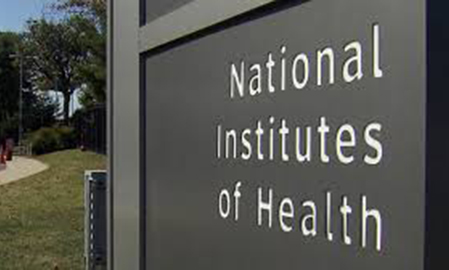Starting in 2015, leading hospitals around the country are set to begin genome sequencing of newborns, potentially discovering early evidence for disease risk. It’s part of a $25-million, NIH-backed research program, The Wall Street Journal reports. The voluntary testing in four projects could have wide implications for genetic science, the paper notes, as doctors will look to identify mutations associated with diseases, and the genome sequencing can establish genetic blueprints that may help with personalized treatment later in life.
A $29-billion market in remote patient monitoring and telemedicine is one of five top healthcare-market trends for 2014, a research firm says. That market is expected to grow at 9% per anum for the next four years, as caregivers demonstrate better outcomes inside hospitals and with patients at home, according to Kalorama Information. Other trends Kalorama expects business planners to be busy with in coming years include clinicians’ increasing preference for next-generation, faster and lower-cost DNS sequencing for better understanding of diseases. They also forecast bigger demand for biopharmaceutical production, a sector which grew 11% this past year to reach $41 billion amidst growing investment in biotechnology drugs. Rounding out the list, researchers say Becton Dickinson’s plan to buy CareFusion, along with Medtronic’s merger with Covidien and acquisitions by Stryker and Zimmer highlights what has been a trend of medical device companies growing through consolidation. And, slowing growth in the BRIC nations is affecting manufacturers’ hopes to offset slow growth in developed markets with emerging-market revenues.
While pharma companies are lining up with treatments and tests for the Ebola virus, the slow initial response of the global health system in recognizing and reacting to the epidemic remains a concern. WHO intends to convene a special session next month in Geneva to develop better planning for contagious-disease outbreaks, The WSJ reports. Besides looking at recommendations which have included forming emergency response teams and setting up a crisis fund, the agency will take up a proposal for commissioning an independent review of its Ebola response. Meanwhile, on the testing front, Roche announced FDA granted emergency use authorization for its LightMix Ebola Zaire rRT-PCR molecular diagnostic test, used in patients with symptoms of the virus in conjunction with risk factors such as travel from West Africa.
Hospira has added to its acute-care drug portfolio with FDA approval of Dyloject (diclofenac sodium) Injection, an NSAID used alone or along with opioid analgesics for managing mild-to-severe pain in adults, Reuters reports.
Biotech Spectrum Pharma has filed an NDA for Captisol-Enabled Melphalan, an injectable used as a high dose conditioning treatment prior to stem cell transplantation in patients with multiple myeloma. The company plans to launch the drug with its existing hematology/oncology sales force next year, pending approval.








